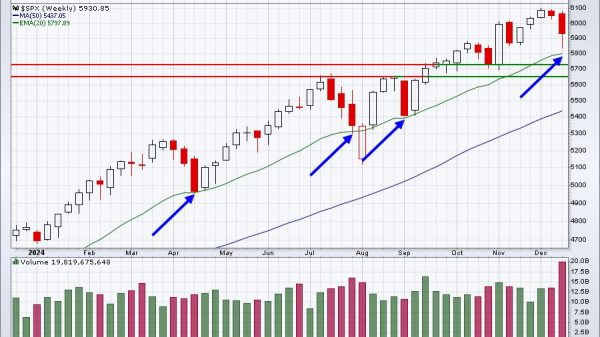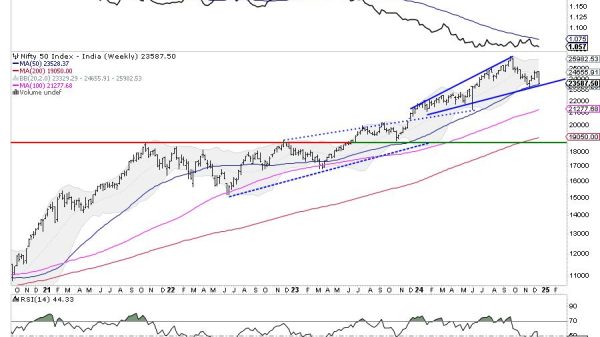Nicholas Anthony
The European Central Bank remains committed to developing a central bank digital currency (CBDC), but it seems not every member of the Eurozone is equally interested.
According to reporting in Politico by Giovanna Faggionato and Ben Munster, “Several European Union governments, including France and Germany, argue the [European Central Bank] has gained too much control over one crucial aspect: how much digital currency citizens will be allowed to hold in ‘wallets’ backed by the central bank.”
The issue in question relates to concerns that a CBDC could increase both the severity and the frequency of bank runs. To remedy this concern, many policymakers have proposed setting restrictions on how a CBDC is used. For example, some proposals aim to limit the total amount a citizen may own while other proposals aim to limit how much a citizen may spend over time.
Policymakers generally hope these restrictions would limit how much money can leave the banks in a time of panic. Yet the issue isn’t so simple in practice.
If the limit is too high, it won’t be effective in curbing bank runs. If the limit is too low, it will prevent people from using the CBDC. In my book, Digital Currency or Digital Control? Decoding CBDC and the Future of Money, I describe this issue at length as the “CBDC tradeoff” (a term first coined by economist William Luther). In short, the tradeoff is between making something people might want at the expense of the larger financial system versus making something no one will want and outright wasting taxpayer resources.
It seems European politicians are increasingly taking notice of the pitfalls that come with this tradeoff. Politico reported that European politicians are concerned that a CBDC would “jeopardiz[e] the stability of the entire banking system,” “infringe on personal financial freedom,” and “stok[e] fears of a ‘Big Brother’ state.”
All of these concerns are warranted. And considering that the benefits of issuing a CBDC in the first place are not clear, the CBDC tradeoff should be rejected altogether. That is, people shouldn’t be forced into choosing between two bad options.
Back in the spring, the House of Representatives passed a bill to prohibit the creation of a CBDC in the United States. At the time, some members of Congress objected saying that this bill would make the United States the only country in the world to reject CBDCs. Based on the debates in the Eurozone right now, it’s possible the United States won’t be the only one objecting for long. It may turn out that the United States carved a path for others to follow.
Are you interested in learning more about CBDCs? My book, Digital Currency or Digital Control? Decoding CBDC and the Future of Money, is available here. Also, if you are interested in learning about the status of CBDC development around the world, the Human Rights Foundation’s CBDC Tracker is available here.
























